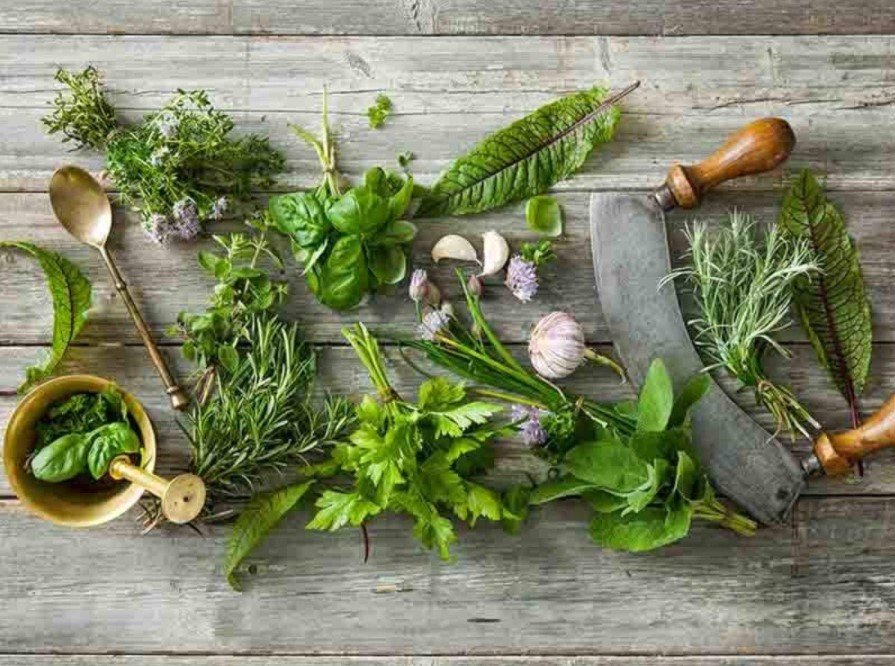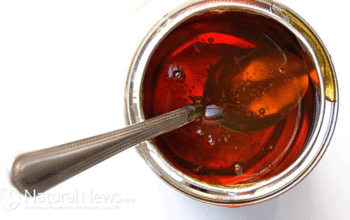Understanding Anxiety and Natural Remedies
Anxiety has become an increasingly common mental health challenge affecting millions of people worldwide. With the growing prevalence of stress and mental health concerns, many individuals are seeking natural alternatives to traditional pharmaceutical treatments. Herbal remedies offer a promising approach to managing anxiety and calming the nervous system without the significant side effects often associated with prescription medications.
The Science Behind Herbal Anxiety Relief
Natural herbs work through various mechanisms to help reduce anxiety and promote relaxation. Many of these herbs interact with neurotransmitters in the brain, particularly those responsible for regulating mood and stress responses. Some key ways herbal remedies provide anxiety relief include:
- Modulating neurotransmitter activity
- Reducing cortisol levels
- Promoting relaxation and improving sleep quality
- Supporting overall nervous system health
Top Herbal Remedies for Anxiety
1. Chamomile: Nature’s Calming Companion
Chamomile is perhaps the most well-known herbal remedy for anxiety and stress. Research has shown that chamomile contains compounds that bind to benzodiazepine receptors in the brain, providing mild sedative effects. A study published in the Phytomedicine journal found that long-term chamomile use significantly reduced moderate-to-severe generalized anxiety disorder symptoms.
2. Ashwagandha: The Stress-Reducing Adaptogen
An ancient Ayurvedic herb, ashwagandha has gained significant attention for its powerful adaptogenic properties. Clinical studies have demonstrated its effectiveness in reducing cortisol levels and managing stress. In one notable research study, participants taking ashwagandha experienced a 44% reduction in stress levels compared to a placebo group.
3. Valerian Root: Natural Anxiety and Sleep Support
Valerian root is renowned for its ability to calm the nervous system and improve sleep quality. It works by increasing gamma-aminobutyric acid (GABA) levels in the brain, which helps reduce neuronal excitability. Multiple studies have shown valerian root can significantly decrease anxiety symptoms and improve overall sleep patterns.
4. Rhodiola Rosea: Fighting Stress and Fatigue
This adaptogenic herb has been extensively studied for its ability to combat stress and mental fatigue. Research indicates that rhodiola can help balance stress hormones and improve cognitive function. A study published in the Phytotherapy Research journal found that participants experienced significant improvements in symptoms of depression and anxiety after taking rhodiola supplements.
Safety Considerations and Best Practices
While herbal remedies offer promising benefits, it’s crucial to approach their use responsibly. Consider these important guidelines:
- Always consult with a healthcare professional before starting any herbal supplement
- Start with low doses and monitor your body’s response
- Purchase high-quality supplements from reputable sources
- Be aware of potential interactions with existing medications
Practical Tips for Using Herbal Anxiety Remedies
To maximize the benefits of herbal remedies, consider these practical approaches:
- Create a consistent daily routine with your chosen herbs
- Combine herbal supplements with stress-reduction techniques like meditation
- Keep a journal to track your symptoms and progress
- Maintain a healthy lifestyle with proper diet and exercise
Conclusion
Natural herbs offer a holistic and potentially effective approach to managing anxiety and supporting mental wellness. While they are not a complete substitute for professional medical treatment, they can be a valuable complementary strategy for those seeking natural anxiety relief. Always prioritize your mental health and work closely with healthcare professionals to develop the most appropriate treatment plan for your individual needs.





